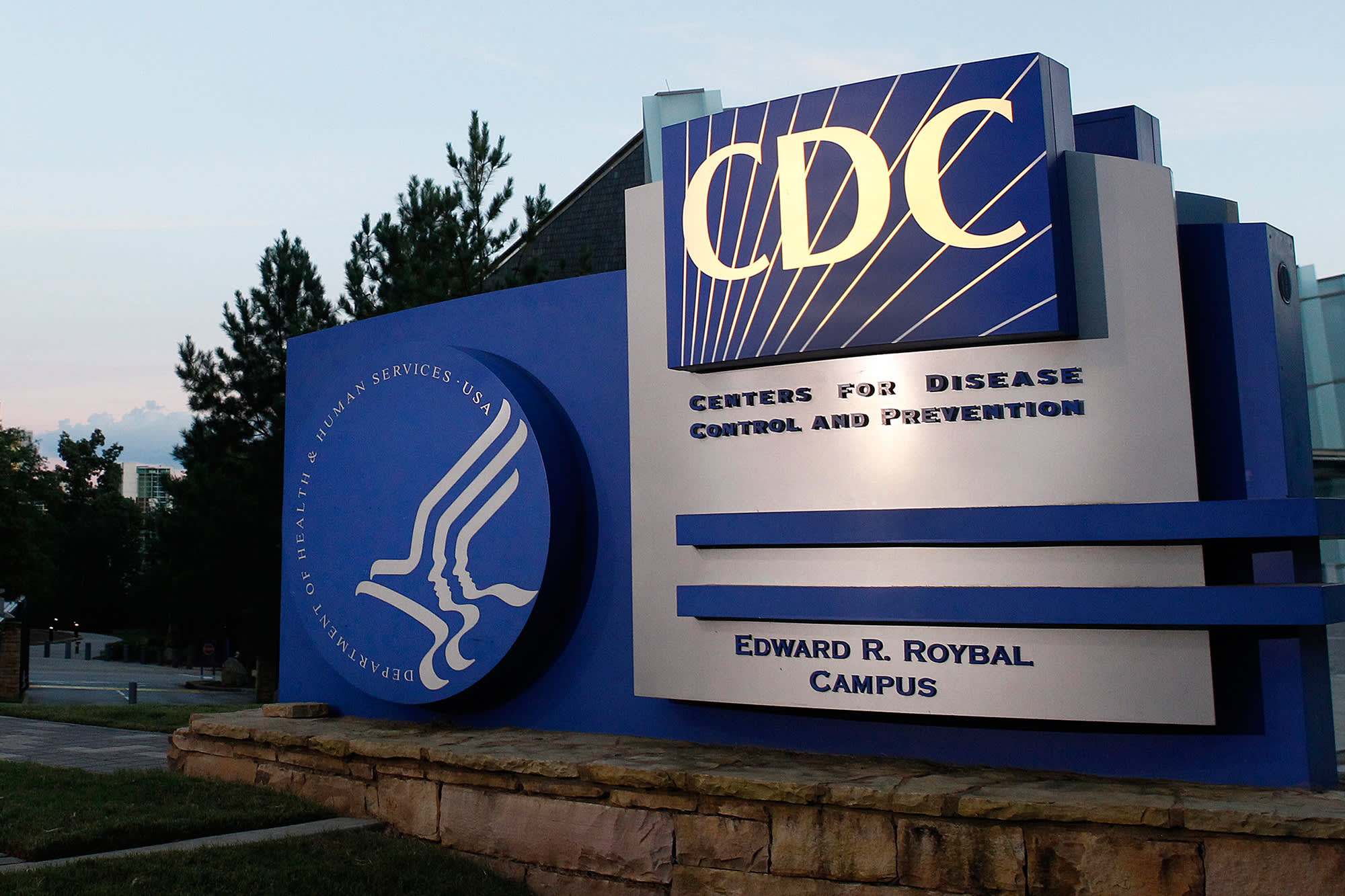
A Centers for Disease Control and Prevention panel is set to vote Tuesday on who will be first in line to get the coronavirus vaccine.
The meeting with the Advisory Committee on Immunization Practices, an outside group of medical experts that advises the CDC, comes a day after Moderna requested emergency clearance from the Food and Drug Administration for its Covid-19 vaccine. Pfizer, which is working with German drugmaker BioNtech, applied for that authorization on Nov. 20. U.S. officials expect the first doses of one of the vaccines could be distributed in a few weeks — even before the end of the year.
Since the coronavirus outbreak began about 11 months ago, scientists and infectious disease experts have debated who will get immunized first and how those limited first doses will be distributed across the U.S.
Health and Human Services Secretary Alex Azar told CNBC on Nov. 16 that about 40 million doses of vaccine will available by the end of this year, enough to inoculate about 20 million people since the Moderna and Pfizer vaccines require two shots. In the best scenario, the FDA will move quickly to authorize the two vaccines, allowing states to start distributing them in as little as two weeks.
Initial doses will be limited as manufacturing ramps up, with top U.S. health officials predicting it will take months to immunize everyone who wants to be vaccinated against Covid-19 in the U.S., which has deals lined up with several drugmakers to buy some of their first doses.
Pfizer said it will be able to make up to 1.5 billion doses globally next year with the U.S. getting the first 100 million doses of its two-dose vaccine — enough to inoculate 50 million of the 331 million people in America. Moderna said Monday it's on track to make 500 million to 1 billion doses of its two-dose regimen globally next year.
The U.S., which spent close to $1 billion helping Moderna develop the vaccine, agreed to pay $1.5 billion more to support the manufacturing. The deal also gave the U.S. the first 100 million doses of Moderna's vaccine — enough for 50 million people — with an option to buy 400 million additional doses.
Public health officials and medical experts have said health-care workers should get the vaccine first, followed by vulnerable Americans, including the elderly, people with preexisting conditions and essential workers. The Advisory Committee on Immunization Practices will send its guidance to the CDC. However, it will ultimately be up to states on whether to follow the CDC's guidelines on vaccine distribution.
President Donald Trump has previously told reporters that a coronavirus vaccine should probably go to the elderly or the most vulnerable people first, though he added that he would rely on a doctor's expertise for that decision.
Adm. Brett Giroir, the White House's coronavirus testing czar, told CNN's "State of the Union" on Sunday that the administration will aim to "immunize for impact."
"That means immunizing those who are at the highest risk, like those in long-term care facilities, the elderly, minorities. We can absolutely get 80% of the benefit of the vaccine by only immunizing a few percent of the population," he said, reiterating that the U.S. should have enough doses to inoculate 20 million Americans this year. "The rest of America will get it in the second quarter, third quarter of 2021, but we could maximize our impact right now."
Although the states don't have to follow the CDC's guidance, it gives them a framework to work with and that many states adopt, Dr. Karen Landers, spokeswoman for the Alabama Department of Public Health, said in a phone interview.
"This guidance will be extremely helpful because it will be science-based, and also will give us the framework to be able to ensure that our guidelines are consistent with what is recommended by support staff," she said. "The Alabama Department of Public Health will follow those recommendations, and we'll certainly be following what ACIP recommends in terms of the vaccine administration."
In a report published on Nov. 23, the CDC's advisory committee laid out four ethical principles that it says should guide how to distribute the first doses of any potential vaccine. The committee said the allocation of Covid-19 vaccines "should maximize the benefits of vaccination to both individual recipients and the population overall."
"These benefits include the reduction of SARS-CoV-2 infections and COVID-19–associated morbidity and mortality, which in turn reduces the burden on strained health care capacity and facilities; preservation of services essential to the COVID-19 response; and maintenance of overall societal functioning," the committee wrote in the report.
Some federal agencies have already started sending vaccination plans around to staff. Five agencies have started telling employees they could receive Pfizer's or Moderna's Covid-19 vaccine in as little as eight weeks, a person with knowledge of those plans told CNBC on Nov. 20.
The Federal Aviation Administration said it supported the "first mass air shipment" of vaccines on Friday, as pharmaceutical companies and airlines prepare networks for broad distribution. United Airlines carried Pfizer's Covid-19 vaccine from Brussels to Chicago O'Hare International Airport on Friday, people familiar with the matter told CNBC.
World - Latest - Google News
December 01, 2020 at 07:31PM
https://ift.tt/37lQNLi
CDC panel is set to vote Tuesday on who gets coronavirus vaccine first - CNBC
World - Latest - Google News
https://ift.tt/2SeTG7d
Bagikan Berita Ini














0 Response to "CDC panel is set to vote Tuesday on who gets coronavirus vaccine first - CNBC"
Post a Comment